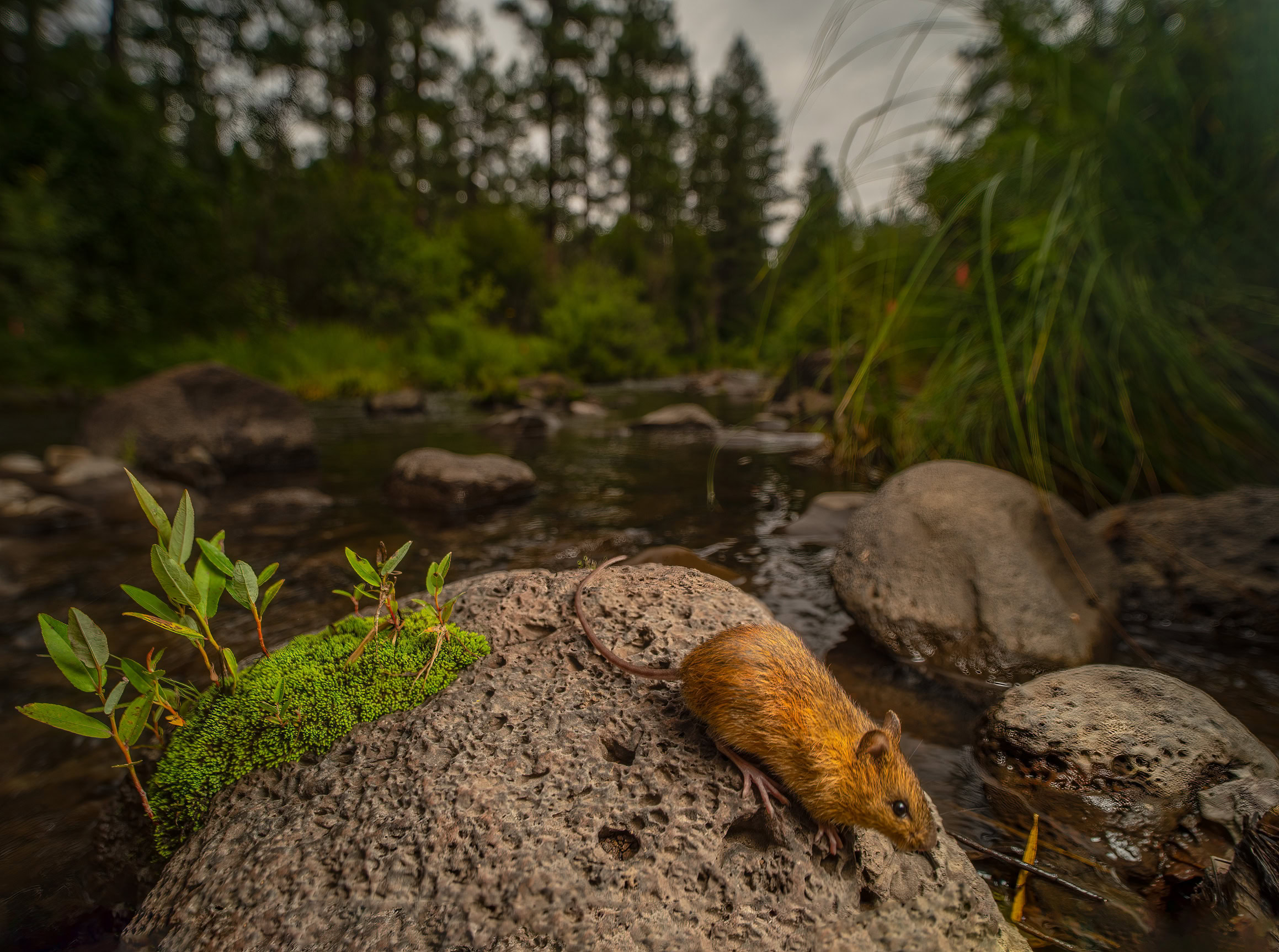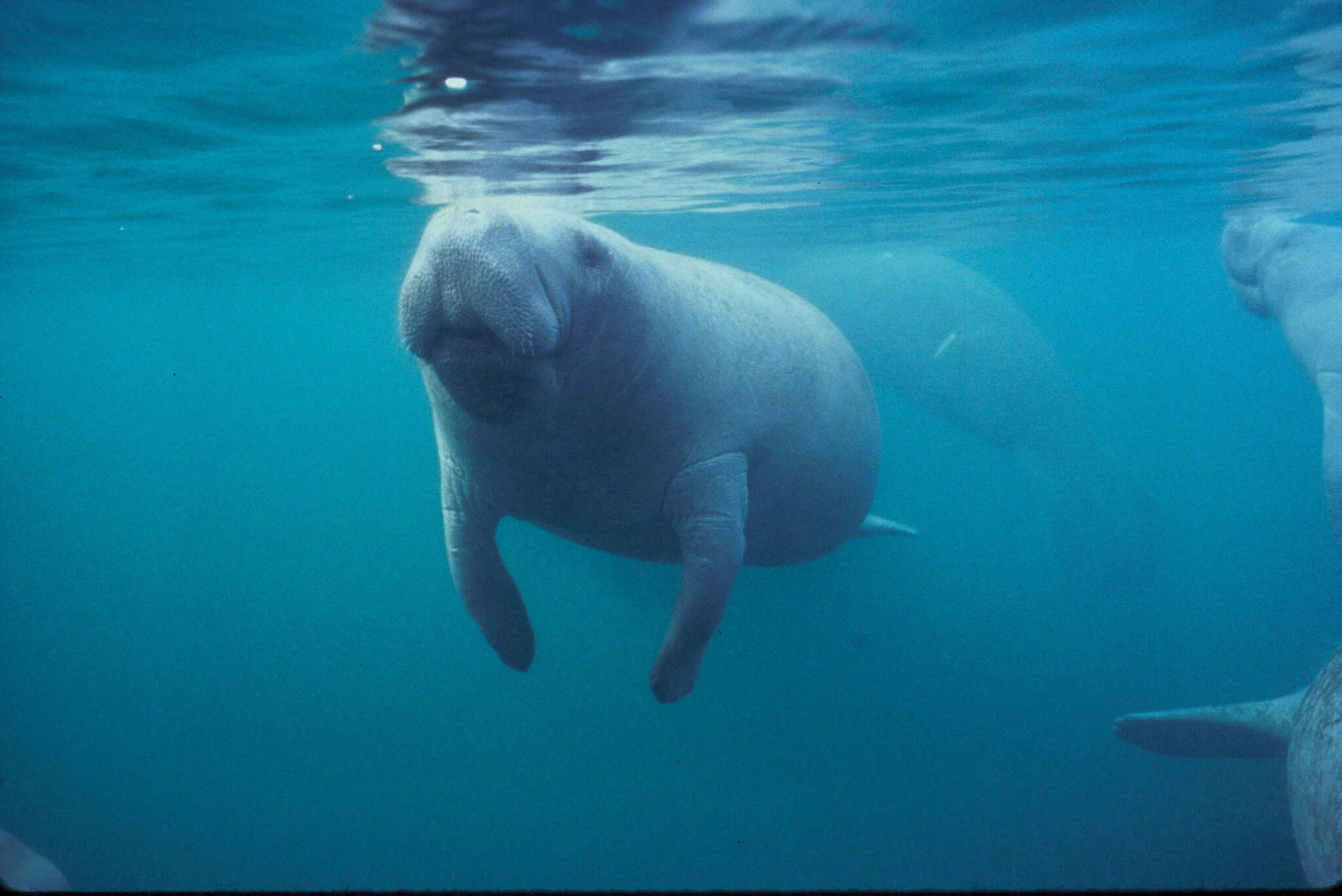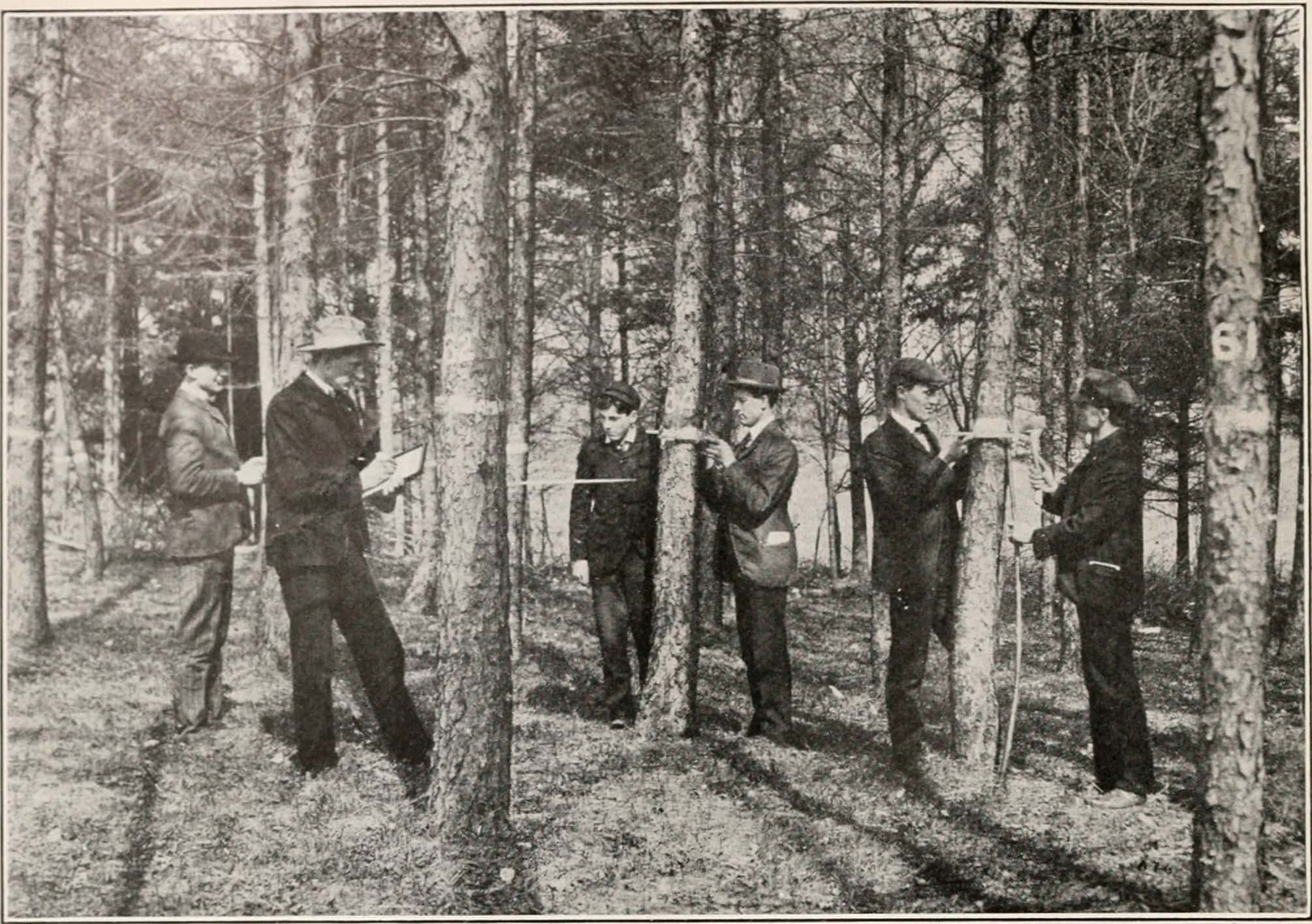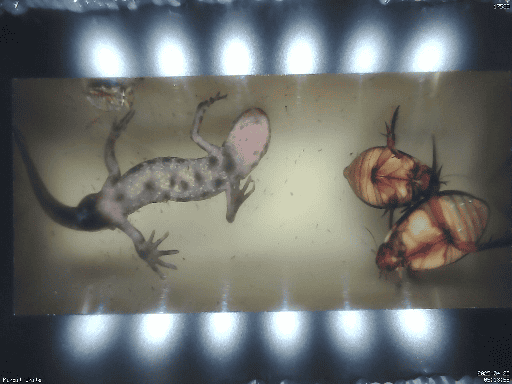Are migrating birds bringing the flu with them?
Biologists are concerned about an uptick in bird flu this fall, as migrating birds bring the flu with them as they head south for winter. The current highly pathogenic avian...
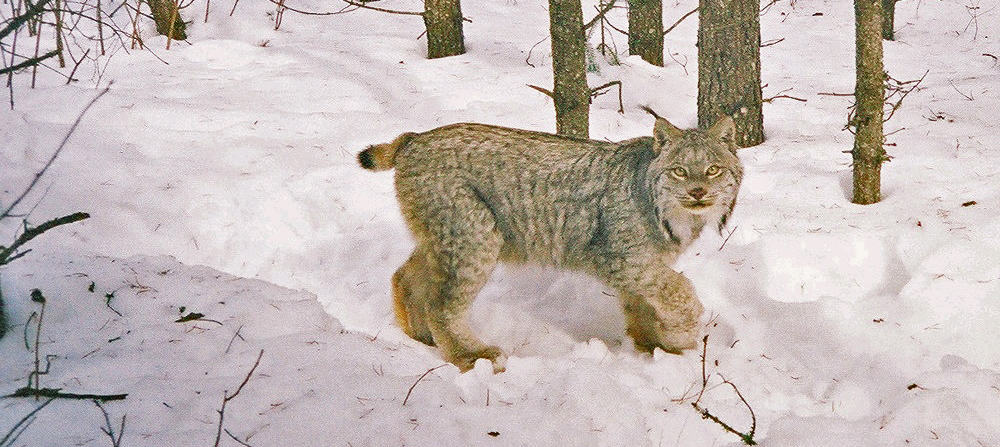
Watch: Something’s different about this Canada lynx
Canada lynx don’t vary much in color. They usually have coats of silvery gray that turns reddish brown in the summer. But researchers recently documented a lynx that’s completely black....
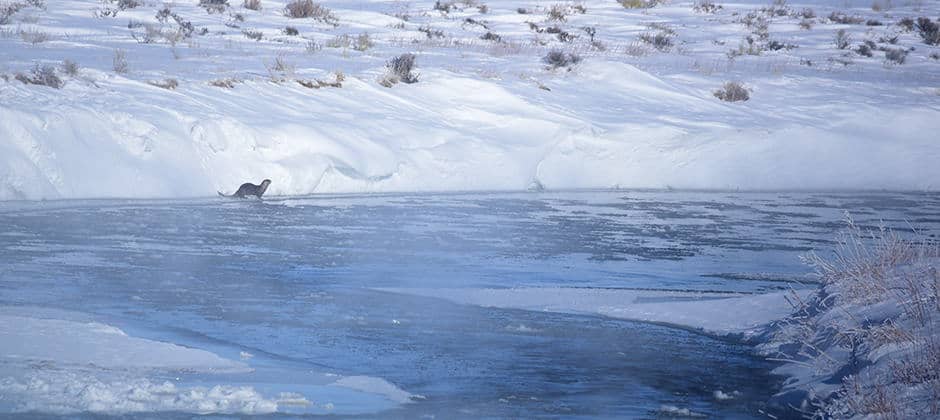
WSB: River otters prefer forested areas with dense wetlands
To learn more about the types of environments that river otters prefer in northern Wisconsin, old data on animal density can sometimes reveal new insights. River otters are harvested for...


Turtles survive oil spills better after rehabilitation
When the Enbridge pipeline burst into a Michigan creek in 2010, Josh Otten was ready to help with the cleanup, especially since he knew wildlife was being affected. “I was...
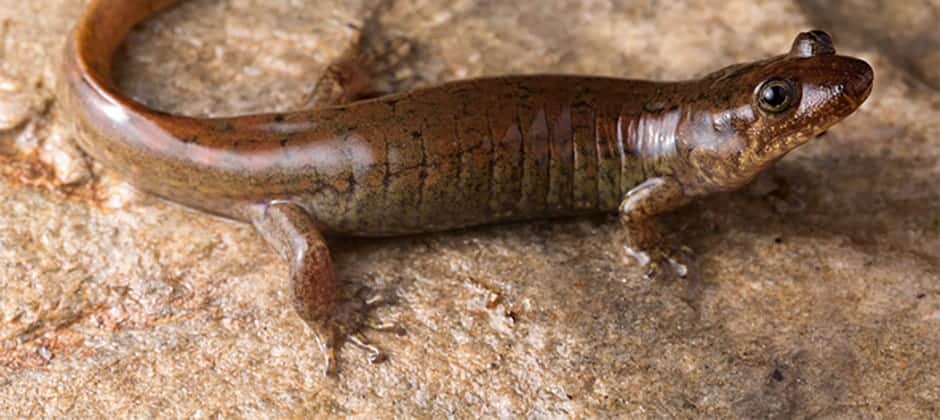
Wild Cam: A cryptic quest to describe new salamander species
Alexander Pyron carefully extracted the salamander specimens from preservation jars he kept in a steel cabinet in his laboratory at George Washington University with a set of tweezers. He laid...

Meet our sponsors—Part 2!
The Wildlife Society’s Annual Conference would not be possible without the support of our sponsors and year-round partners. We’d like to thank our sponsors listed below. Please take a moment to check...

Global wildlife populations are plummeting, report finds
Wildlife populations around the world have plummeted in the last 50 years, according to a report from the environmental organization WWF International. Looking at over 5,000 species, the group’s Living...
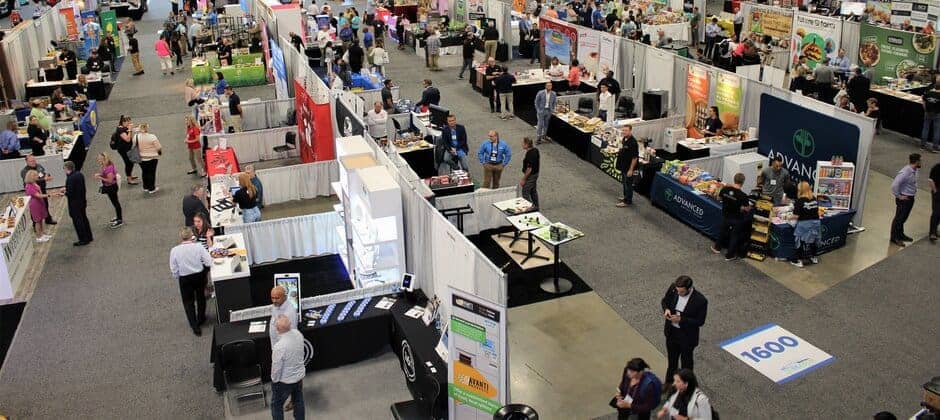
Meet our sponsors!
The Wildlife Society’s Annual Conference would not be possible without the support of our sponsors and year-round partners. We’d like to thank our sponsors listed below. Please take a moment to check...
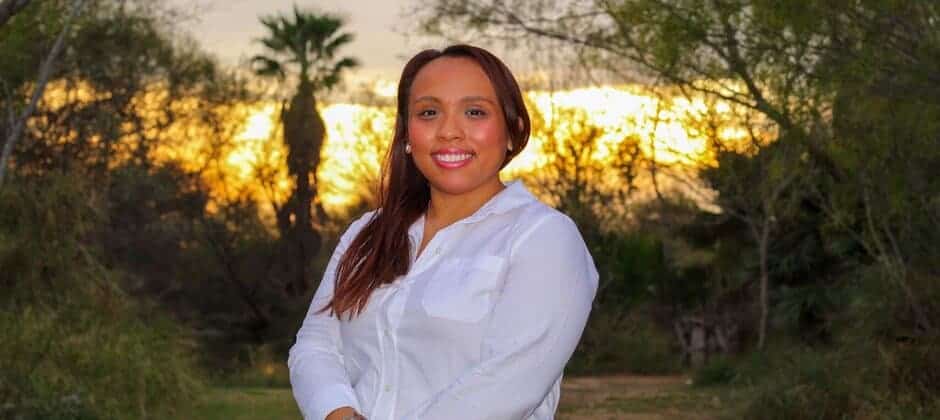
Wildlife Vocalizations: Maria F. ‘Masi’ Mejia
Wildlife Vocalizations is a collection of short personal perspectives from people in the field of wildlife sciences. Diversity is intersectional. As a woman/ female as well as Hispanic and Latina,...




